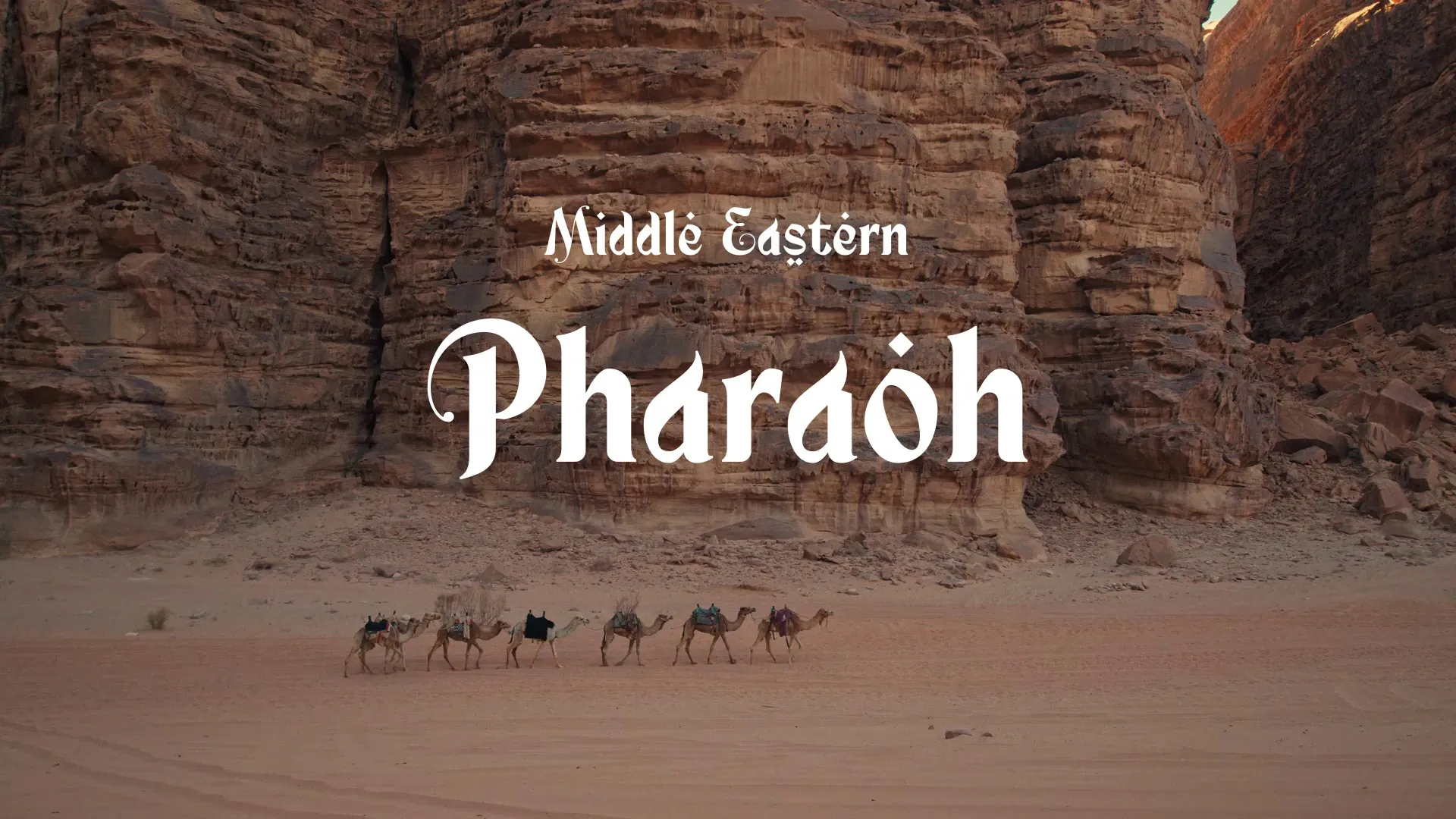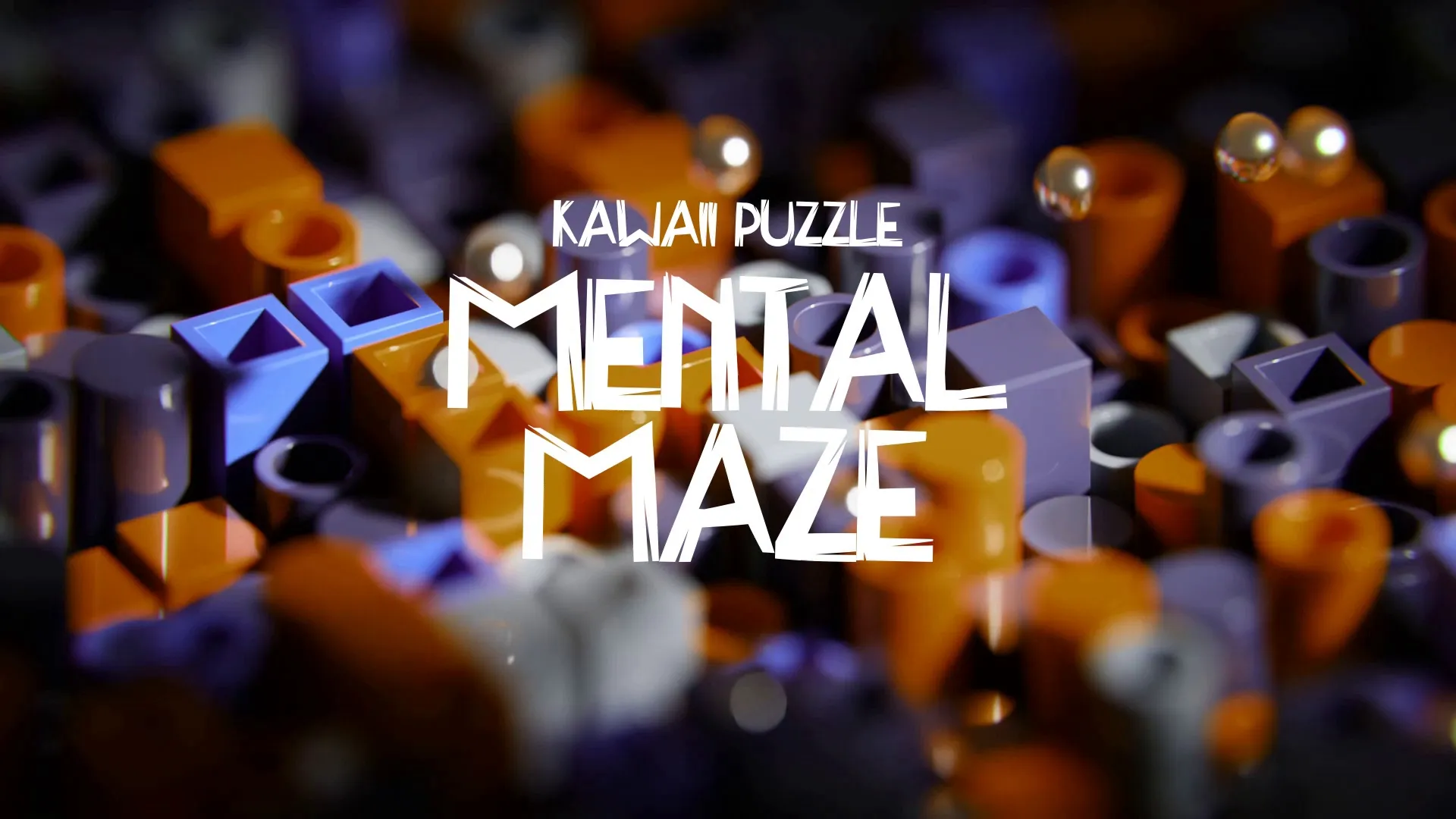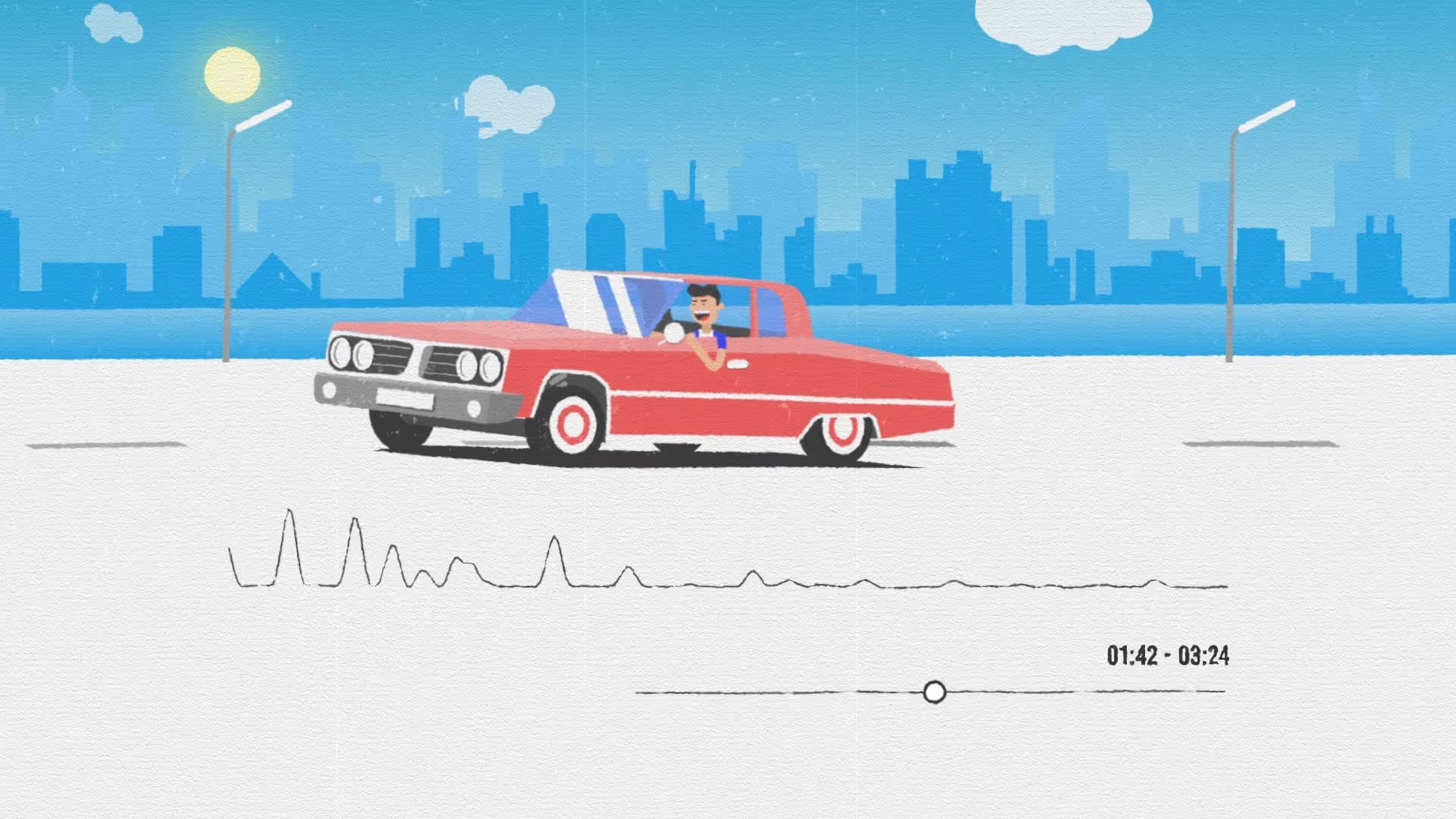Fostering a Loyal Player Base: Community Management Tips for Game Developers
Building a loyal player base is crucial for any game developer. It extends beyond launch, ensuring long-term engagement and advocacy for your title. Effective community management transforms players into invested supporters, providing valuable feedback and spreading positive word-of-mouth.
Establish Clear Communication Channels
Choose platforms where your target audience naturally gathers. Discord is often a primary hub for game communities, offering structured channels for various discussions.
Set up specific channels for announcements, general chat, bug reports, and feedback. Clear channel organization helps players find relevant information and contributes to a more orderly community environment.
Actively moderate these channels to maintain a positive and respectful atmosphere. Consistent moderation prevents toxicity and encourages constructive interactions among players.
Implement a Robust Feedback Loop
Creating avenues for player feedback is essential for game iteration and improvement. Players want to feel heard and see their input valued.
Designate specific places for feedback submission, such as a dedicated Discord channel or an in-game reporting system. Make the process straightforward and easy to use.
Regularly acknowledge received feedback, even if you can’t implement every suggestion. A simple ‘we’ve seen this and are discussing it’ goes a long way in validating player contributions.
Analyze player sentiment to understand prevailing opinions and identify critical issues. Tools like Wayline’s Sentiment can help you analyze reviews on platforms like Steam, providing actionable insights into player perceptions.
Be transparent about how feedback influences development decisions. Sharing your development roadmap and explaining changes based on community input builds trust and strengthens loyalty.
Run Engaging Community Events
Events energize your player base and provide reasons for continued engagement. They create shared experiences and foster a sense of belonging.
Organize regular in-game events, such as seasonal challenges, tournaments, or community-driven content creation contests. These events should offer unique rewards or recognition.
Host developer Q&A sessions or live streams to connect directly with your audience. This humanizes your development team and allows players to feel closer to the creators.
Consider running community playtests for upcoming features or content. Involving players in early development stages makes them feel like integral parts of the project.
Create a free account, or log in.
Gain access to free articles, game development tools, and game assets.









.webp)













